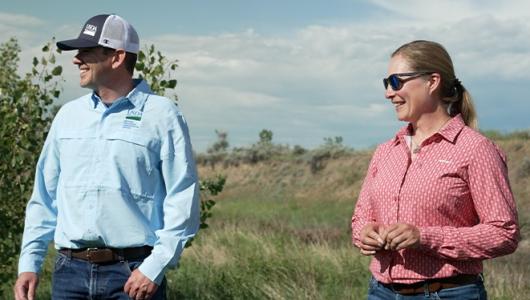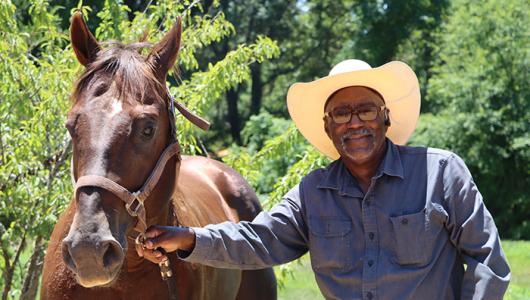This Friday meet Maigee Chang, owner of Farm of the Fearless Monkey in Kailua, Hawaii, on the island of Oahu. Surrounded by rolling grassy hills and in the shadow of Mount Olomana, this family-owned, 2.25-acre farm proves that a little goes a long way.
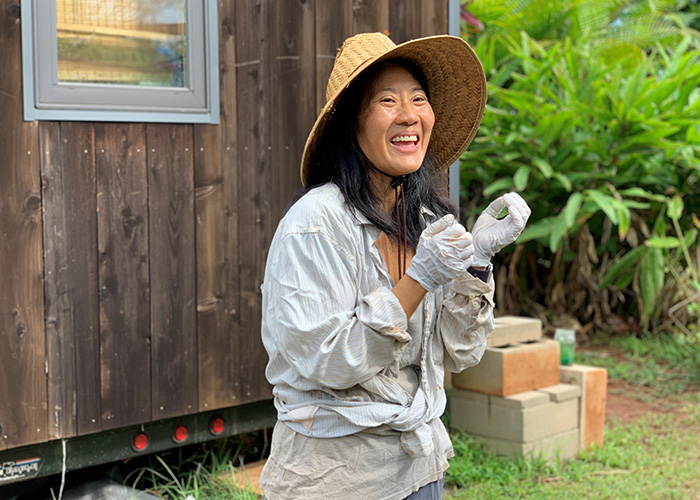
The picturesque property is thriving with native plants, fruit trees and rows of vegetable crops, powered by organic farming methods. It’s also home to goats, ducks, chickens, rabbits, a 14-year-old tortoise, and nearly 20 active beehives for honey production and pollination. Most of the animals were surrendered by friends or rescued from the neighborhood.
“Our goal is to serve as a model for small-scale, family-owned agricultural production potential on Oahu,” said Maigee.
Undertaking a New Endeavor
After working in politics for a time, Maigee wanted open spaces away from the hustle and bustle of city life. She purchased her property in 2015 and has found satisfaction in growing and working the land.
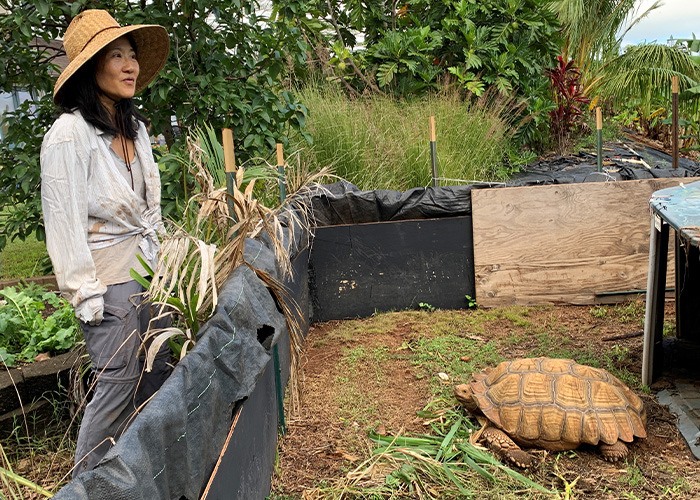
A friend told Maigee that she had to be “pretty fearless” to undertake an endeavor like starting a farm. As fate would have it, the farm was incorporated in 2016, the Year of the Monkey in the Chinese zodiac calendar.
“I was born in the Year of the Monkey,” said Maigee. “So, I named it ‘Farm of the Fearless Monkey’ to stay encouraged.”
Importance of Conservation and Soil Health
Maigee first learned about USDA’s Natural Resources Conservation Service (NRCS) at a community farmer meeting in 2017.

With that in mind, she reached out to the NRCS staff in the Oahu USDA Service Center for technical and financial assistance. They helped her develop a conservation plan through the Agricultural Management Assistance program, adding a high tunnel on her operation to improve soil quality and protect Maigee’s higher-value crops, like cucumbers, tomatoes, and zucchini, from heavy rain.
“I am extremely pleased with NRCS assistance and guidance,” said Maigee.
Additionally, Maigee established conservation cover in areas prone to erosion with the Environmental Quality Incentives Program. Her perennial peanut groundcover protects the soil and water resources on her land, reducing soil erosion and sedimentation while also enhancing wildlife habitat and improving water quality.
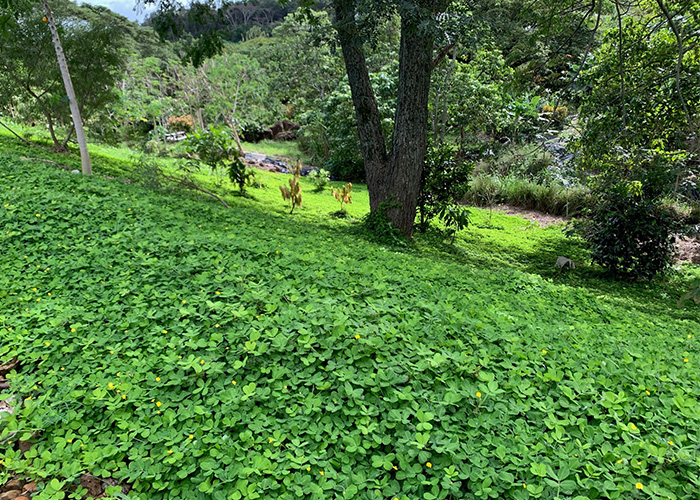
To further her soil health efforts, she added mulch with the Conservation Stewardship Program, helping reduce soil erosion, improve plant productivity, and increase organic matter.
“Agriculture in Hawaii is very difficult, but essential,” said Maigee. “Assistance provided by NRCS helps farmers in Hawaii continue to provide food to our island population in a sustainable way.”
In addition to her work with NRCS, the Reimbursement Transportation Cost Payment Program from USDA’s Farm Service Agency has helped offset some of Maigee’s operating costs. This program reimburses geographically disadvantaged producers in Hawaii, Alaska, and insular areas, for a portion of the cost to transport agricultural commodities or inputs used to produce an agricultural commodity.
Building Knowledge and Community
Maigee’s impact extends beyond her family’s property line. She helps build a stronger community by sharing her knowledge while hosting volunteer and educational workdays.
“I attended as many workshops as I could in Hawaii on agriculture and gardening,” said Maigee. “Finally, I enrolled in the GoFarm Hawaii program in 2017.”
GoFarm Hawaii is a state-wide, beginning farmer training program through the University of Hawaii with a mission to enhance Hawaii’s food security by increasing local agricultural producers.
Her advice to beginning farmers is to find a mentor who can provide support when things get tough.
“Take advantage of the information and resources out there through workshops and networking,” she said. “It’s a stressful, but extremely rewarding endeavor with endless things to learn.”

More Information
Visit local farms, ranches, forests, and resource areas through our Fridays on the Farm stories. Meet farmers, producers and landowners who are working to improve their operations with USDA programs.
Whether you’re an established organic operation or just getting started, USDA has programs and services available to help support your goals.
USDA offers a variety of risk management, disaster assistance, loan, and conservation programs to help producers weather ups and downs in the market and recover from natural disasters as well as invest in improvements to their operations. Learn about additional programs.
For more information about USDA programs and services, contact your Local USDA service center.
Terri Dux is a public affairs specialist for NRCS in the Pacific Islands Area.

